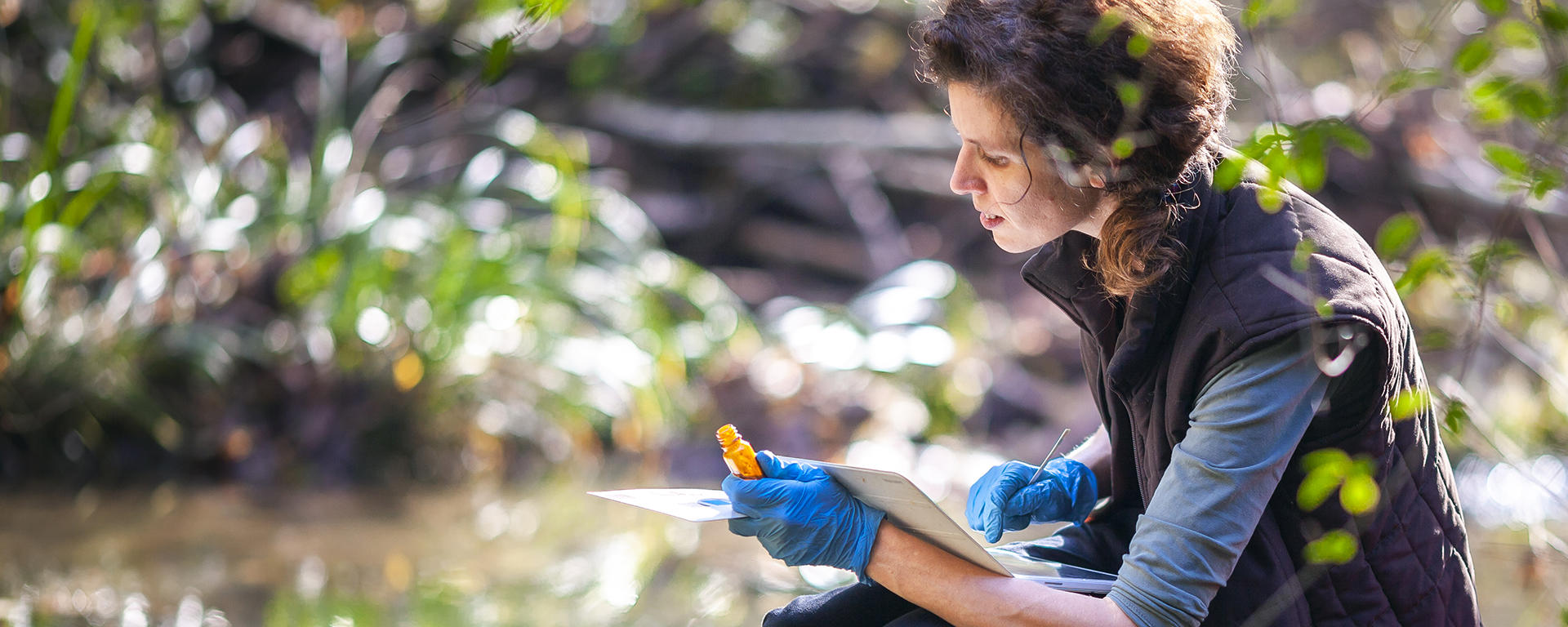Mobilizing Alberta Climate Action Grants
Do you have an idea that can bring together community, academics and students to mobilize climate awareness and action in southern Alberta?
With support from Environment and Climate Change Canada’s Environmental Damages Fund, we are offering multiple grants amounting up to $50,000.
The purpose of the climate action grant program is to increase awareness, engagement and participation in community-based climate action initiatives through collaboration between community organizations, UCalgary faculty and students. These projects will create experiential learning and work integrated learning opportunities for students.
We are especially focused on supporting projects that are led by or engage Indigenous communities and youth, and projects that engage communities that are concerned about climate change and want to take action. This is year-1 of a multi-year funding program.
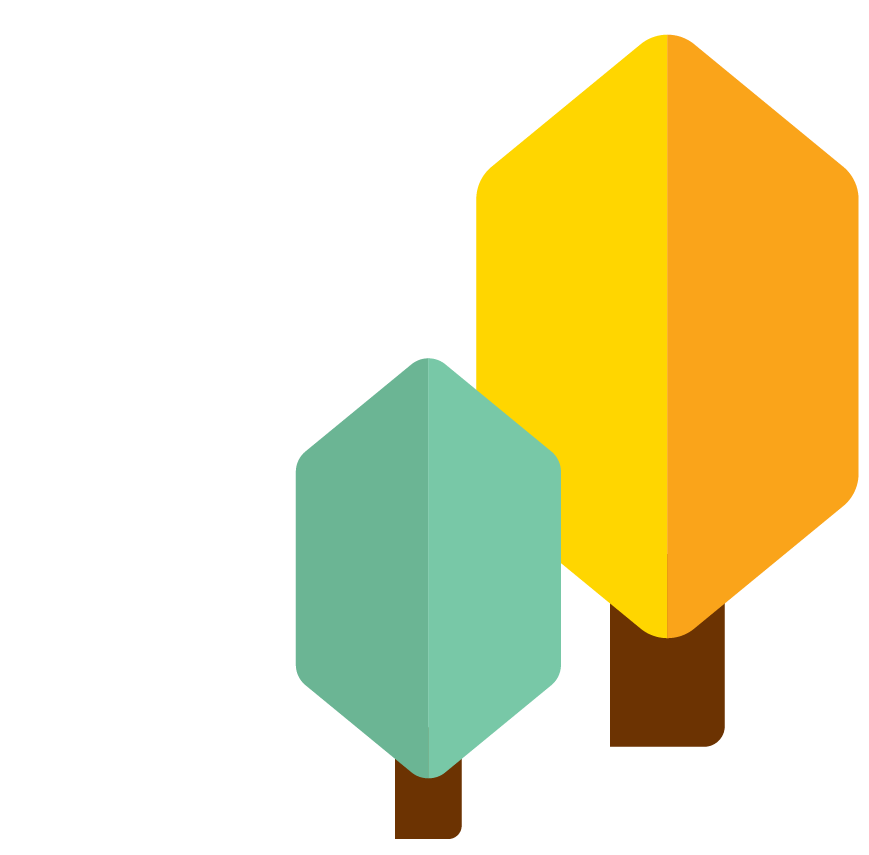
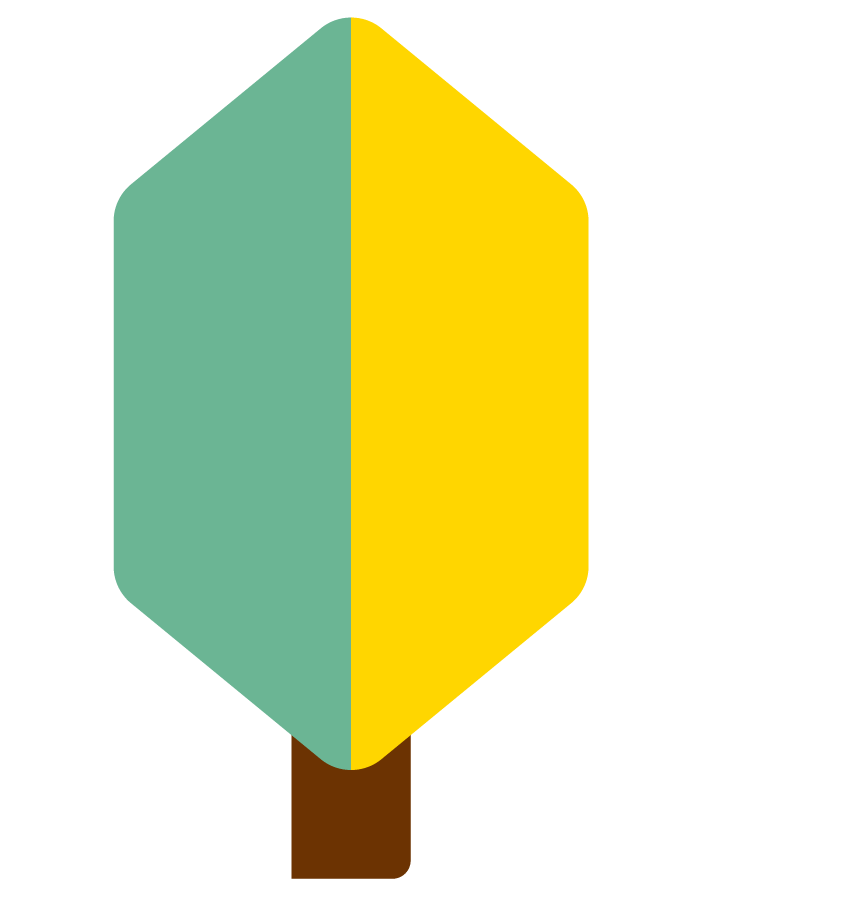
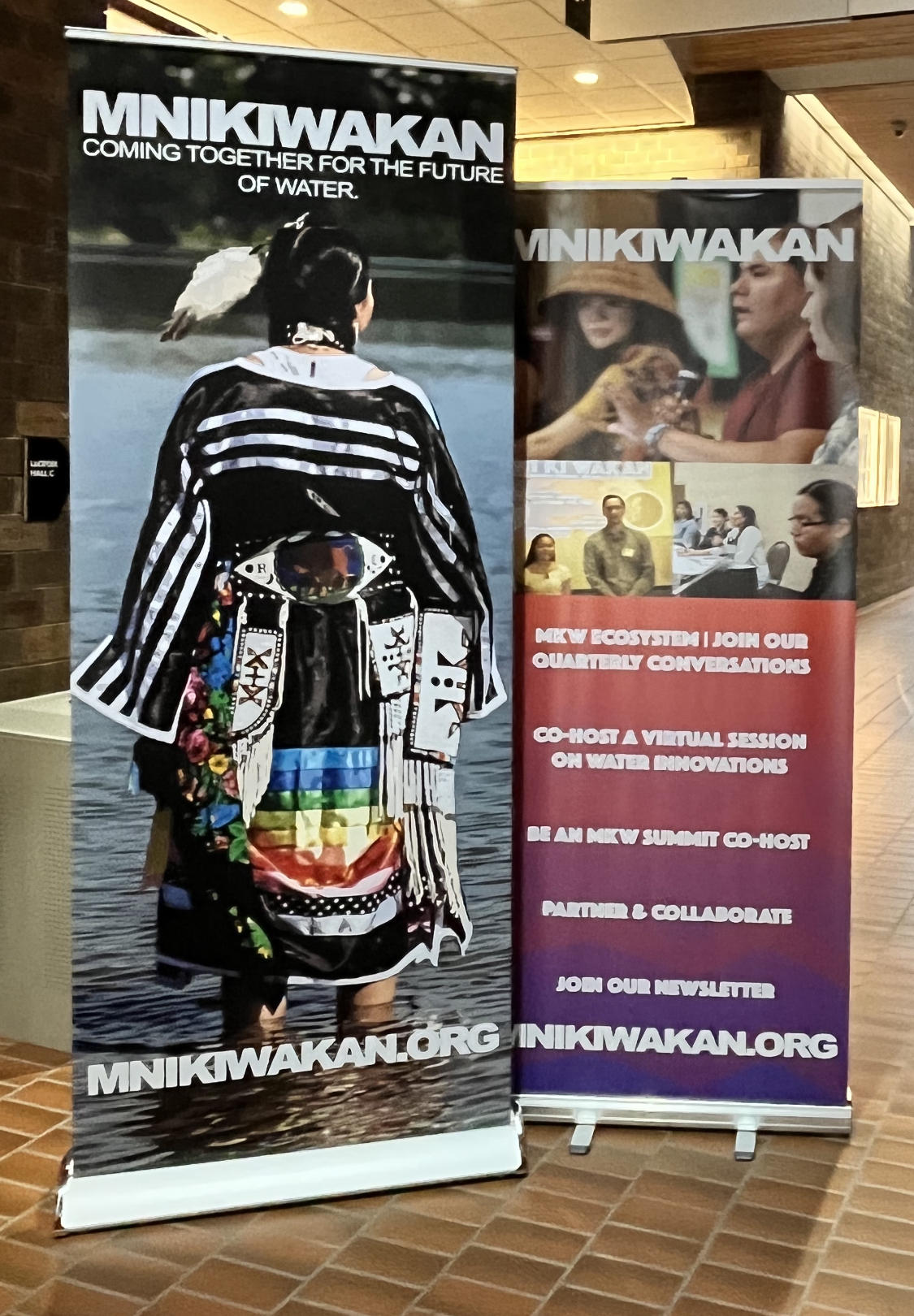
Mni Ki Wakan Water Summit
Îyârxe-Nakoda community member has partnered with UCalgary faculty member and a UCalgary Internationals Indigenous Studies student to support Stoney-Nakoda youth involvement with the Mni Ki Wakan water summit. The goal is to hold the Mni Ki Wakan water summit in the Bow Valley in 2024!
The Mni Ki Wakan water summit will focus on the areas of:
- Water & Indigenous Knowledge
- Indigenous Water Justice
- Indigenous Water Governance
- Water Infrastructure
- Indigenous Water Innovations
- Water Sovereignty
Calgary Community Climate Activations (CCCA)
The Arusha Centre has partnered with the University of Calgary to implement Calgary Community Climate Activations (CCCA). CCCA is building a network of climate change stakeholders between the University of Calgary community, the City of Calgary, citizens, and agencies. We are creating climate-oriented community grants for grassroots projects that are achievable and exemplary of how we can take action on climate. This network and the community projects serve to advance the City of Calgary's environmental strategies and will be showcased at the City's Earth Hour, Mayor's Environment Expo, and Energy Efficiency Day.
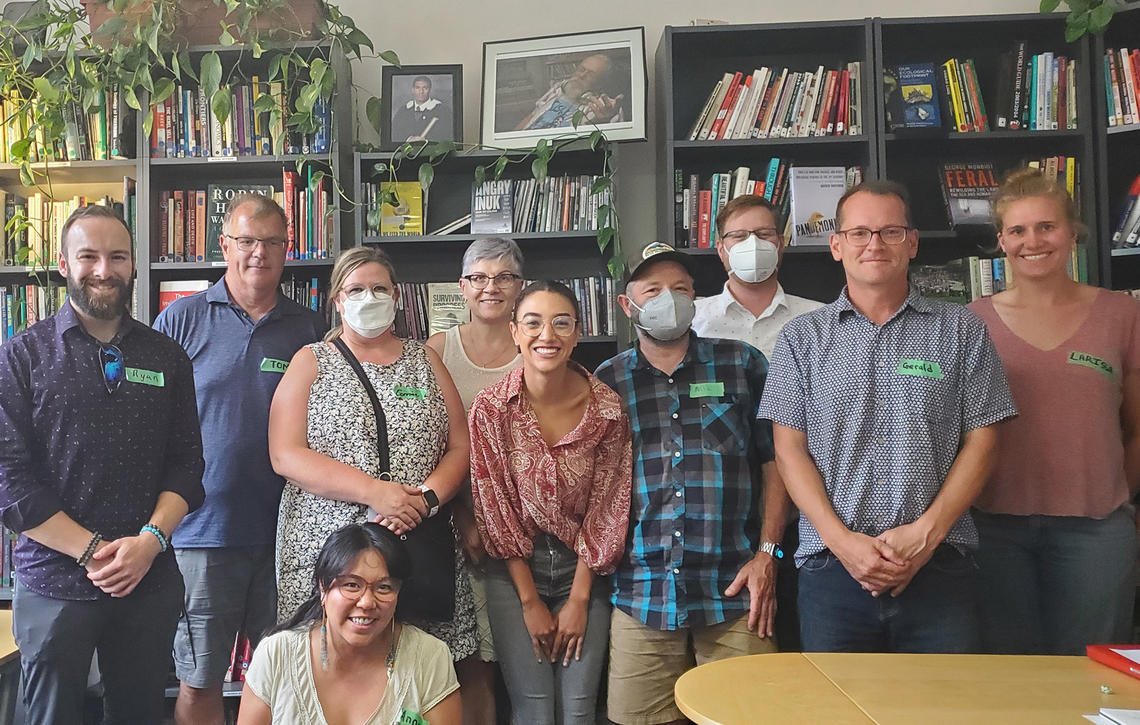

Is your project eligible?
Please review the guidelines in detail.
All projects must increase climate change awareness and action in Southern Alberta and include three types of partners:
- At least one community group or community organization;
- At least one University of Calgary faculty, adjunct faculty members are eligible; and
- Post-secondary undergraduate and graduate students.
Projects based in and/or serve one or more communities in Southern Alberta.
Climate Action Grants can be used to support new or ongoing projects. Ongoing projects must identify how they will incorporate new ideas, approaches, frameworks, methods, and/or plans to improve, expand, or scale up the existing project.
Who can apply?
UCalgary faculty members or eligible community organizations can be the lead applicant, representing your project team, when applying for project funding.
The following community organizations are eligible to apply:
- Non-government organizations
- Indigenous organizations
- Universities and academic institutions provided they partner with a UCalgary faculty member
- Band Councils; Tribal Councils, Tribal Associations or Tribal Governments; and Organisations of Indigenous communities across Southern Alberta
- Municipalities, the Government of Alberta and provincial agencies, for-profit and private sector entities can be eligible provided they partner with a charitable and/or non-profit organization or University of Calgary faculty member who acts as the lead proponent for the project.
Unsure if you can apply?
Contact us.
How do I apply?

Note for creative submissions:
If you would like to submit your project proposal in a creative way and would like to inquire about the best way to submit it, or you would like to submit a video or audio recordings, please contact us for recommendations best practices.
Grant Program Timeline
We strongly encourage applicants to meet with program staff to discuss their initiative prior to submitting an application.
Nov. 4, 2022
1. Submit grant application: Sept. 21 – Nov. 4, 2022
The grant application will open on Wednesday, Sept. 21, 2022.
Applications must be submitted by Nov. 4, 2022 by 5 p.m. MST.
Dec. 2, 2022
2. Grant application review & decision-making: Nov. 7 – Dec. 2, 2022
A grant review committee will review applications and decide which projects to fund.
Dec. 16, 2022
3. Application Results: Early December 2022
All applicants will be notified of the review committee's decision.
Jan. 31, 2023
4. Contribution Agreement distribution: January 2023
Successful applicants will receive their contribution agreements in early 2023.
March 15, 2023
5. Funding: February – March 15, 2023
Successful applicants will receive the funding by March 15, 2023.
Frequently Asked Questions (FAQ)
All projects must increase climate change awareness and action in Southern Alberta and include three types of partners:
- At least one community group or community organization;
- At least one University of Calgary faculty, adjunct faculty members are eligible; and
- At least one post-secondary student.
Projects based in and/or serve one or more of the following Southern Alberta communities are eligible:
- Calgary
- Lethbridge
- Banff
- Brooks
- Wesley First Nation
- Chiniki First Nation
- Bearspaw First Nation
- Tsuut’ina First Nation
- Siksika First Nation
- Piikani First Nation
- Kainai First Nation
- Metis Nation Region 3
- Acadia No. 34, Municipal District (M.D)
- Cardston County
- Cypress County
- Forty Mile No. 8, County
- Kneehill County
- Lethbridge County
- Newell County
- Newell, County of
- Pincher Creek Municipal District
- Ranchlands Municipal District
- Starland County
- Taber Municipal District
- Vulcan County
- Warner No. 5 County
- Wheatland County
- Willow Creek Municipal District
Climate Action Grants can be used to support new or ongoing projects. Ongoing projects must identify how they are incorporating new ideas, approaches, frameworks, methods, and/or plans to scale up your project. Please note it is not required to scale up your project to receive funding; however, it is required that projects have the potential to be scaled.
UCalgary faculty members or eligible community organizations can be the lead applicant, representing your project team, when applying for project funding.
The following community organizations are eligible to apply:
- Non-profit and charity organizations
- Non-government organizations
- Indigenous organizations
- Universities and academic institutions provided they partner with a UCalgary faculty member
- Band Councils; Tribal Councils, Tribal Associations or Tribal Governments; and Organisations of Indigenous communities across Southern Alberta
- Municipalities, the Government of Alberta and provincial agencies, for-profit and private sector entities can be eligible provided they partner with a charitable and/or non-profit organization or University of Calgary faculty member who acts as the lead proponent for the project.
If you are still unsure, please contact us.
- Take some time to review the grant guidelines to understand project eligibility requirements.
- Contact us to book a meeting to discuss your project idea, eligibility requirements and any questions you may have.
- Decide on the way you would like to submit your project application. There are a few different options for how you can submit your project application and they are:
- complete the project application here,
- create a video of your responses to the application questions, upload it to YouTube as an unlisted video and email us the link to your video
- submit an audio recording via email of your responses to the application questions, or
- we are open to additional creative methods.
If you have a creative way you would like to submit your project proposal and would like to inquire about the best way to submit it, or you would like to submit a video or audio recordings, please contact us.
4. Submit your application by Nov. 4, 2022 at 5 p.m. (MST).
Please note if you are submitting a video, audio file or using another creative method, we still require you to fill out the template provided for your work plan, budget and additional contributions and submit it together in your email.
We strongly encourage you to meet with our team to discuss your project idea prior to applying. During the call, staff will:
- Endeavour to understand project objectives and work directly with applicants to ensure the project is a fit for this funding and that it meets the eligibility criteria.
- Strive to connect community organizations and partners with faculty members.
- Build relationships with applicants and work to improve the quality of applications.
TIMELINE:
1. Submit grant application: Sept. 21 – Nov. 4, 2022
The grant application will open on Wednesday, Sept. 21, 2022.
Applications must be submitted by Nov. 4, 2022 by 5 p.m. (MST).
We strongly encourage applicants to meet with a grant advisor to discuss their initiative prior to submitting an application.
2. Grant application review & decision-making: Nov. 7 – Dec. 2, 2022
The grant review committee will review eligible applications and make a decision.
3. Application Results: Early Dec. 2022
The grant review committee’s decision will be shared with all applicants.
4. Contribution Agreement distribution: Jan. 2023
Successful applicants will receive their contribution agreements in early 2023 and have two weeks to review and ask questions before final signature will be required.
5. Funding: Feb. – March 15, 2023
Successful applicants will receive the funding.
Successful applicants will be required to complete an impact assessment report and final report and discuss it with a project advisor at:
- Your mid-year check-in meeting(s), and
- Final report meeting when your project is completed.
This process provides opportunities for both the UCalgary and your project team to learn, understand the impact of your project, celebrate successes, and share your story inspire others.
We will provide impact-reporting documentation as part of your subcontract agreement, however the topics it will cover include:
- Overall project reach/engagement in project
- Digital Engagement
- Project progress, success and challenges or opportunities
- Financial report
You can submit your report by emailed a completed copy of the form that will be provided, video or audio recording. For financial reporting, you are required to fill out and submit the provided budget template, and provide an itemized list of expenses.
You can book a 30-minute call with one of our team members for assistance. We are happy to support you.
Project funding will be available by March 2023, so your project can begin in April 2023 and will need to come to completion within a two-year period. Projects currently underway will be considered.
- Salaries and wages
- Management and professional service expenditures (e.g., financial administration service)
- Contractors (e.g., videographer, web designer etc.)
- Travel, as approved by the University, to be in alignment with the mileage, accommodation and meal rates in the National Joint Council Travel Directive
- Material and supplies expenditures
- Equipment rentals
- Communication and printing, production, and distribution expenditures;
- Vehicle rental and operation expenditures
- Indigenous honoraria, speaker fees and gifts, venue rental, catering, conference registration
- No purchasing land or leasing land
- No overhead shall be included in the eligible expenditures
- No equipment purchases shall be included in the eligible expenditures
Projects based in and/or that serve one or more of the following Southern Alberta communities are eligible:
- Calgary
- Lethbridge
- Banff
- Brooks
- Wesley First Nation
- Chiniki First Nation
- Bearspaw First Nation
- Tsuut’ina First Nation
- Siksika First Nation
- Piikani First Nation
- Kainai First Nation
- Metis Nation Region 3
- Acadia No. 34, Municipal District (M.D)
- Cardston County
- Cypress County
- Forty Mile No. 8, County
- Kneehill County
- Lethbridge County
- Newell County
- Newell, County of
- Pincher Creek Municipal District
- Ranchlands Municipal District
- Starland County
- Taber Municipal District
- Vulcan County
- Warner No. 5 County
- Wheatland County
- Willow Creek Municipal District
If your project is not based on one of the above communities and you would still like to be considered. Contact us to discuss your idea further.
You can apply for funding by collaborating with a UCalgary faculty member where the faculty member is listed as the lead for the application.
Upon receipt of completed applications, a grant review committee will review all eligible applications and decide which projects are to be successful.
One-off projects will be accepted however, ongoing projects or projects that have the ability to be scaled-up over time or integrate approach to wide-spread adoption will be given preference.

